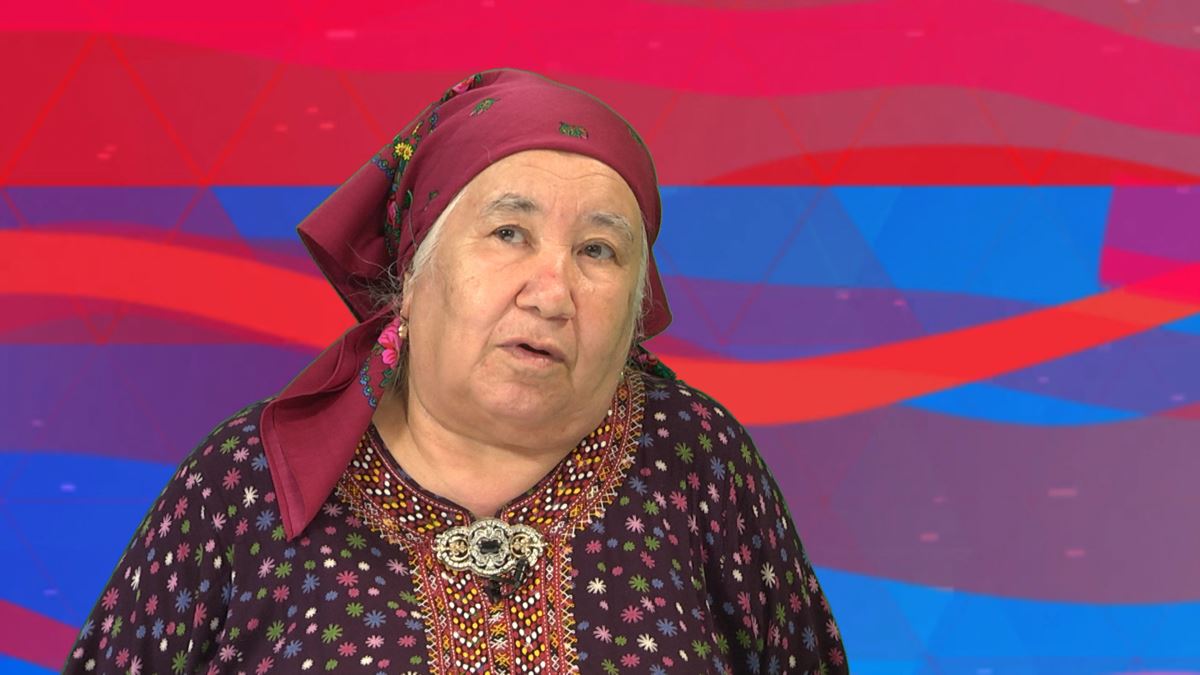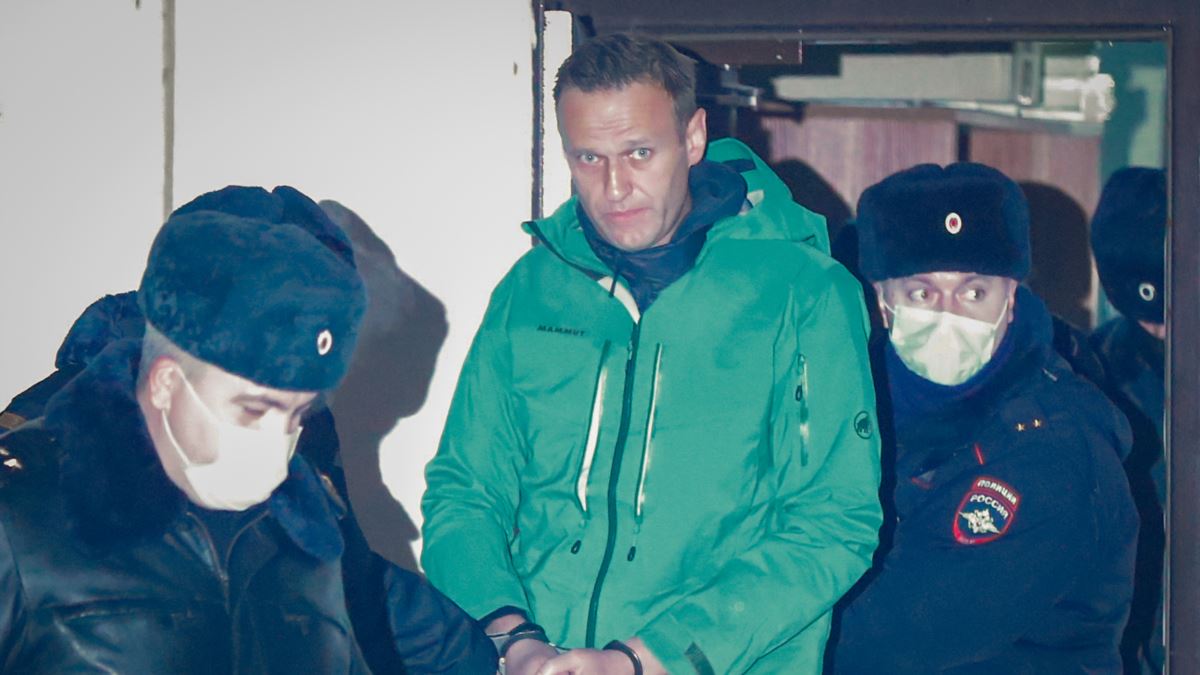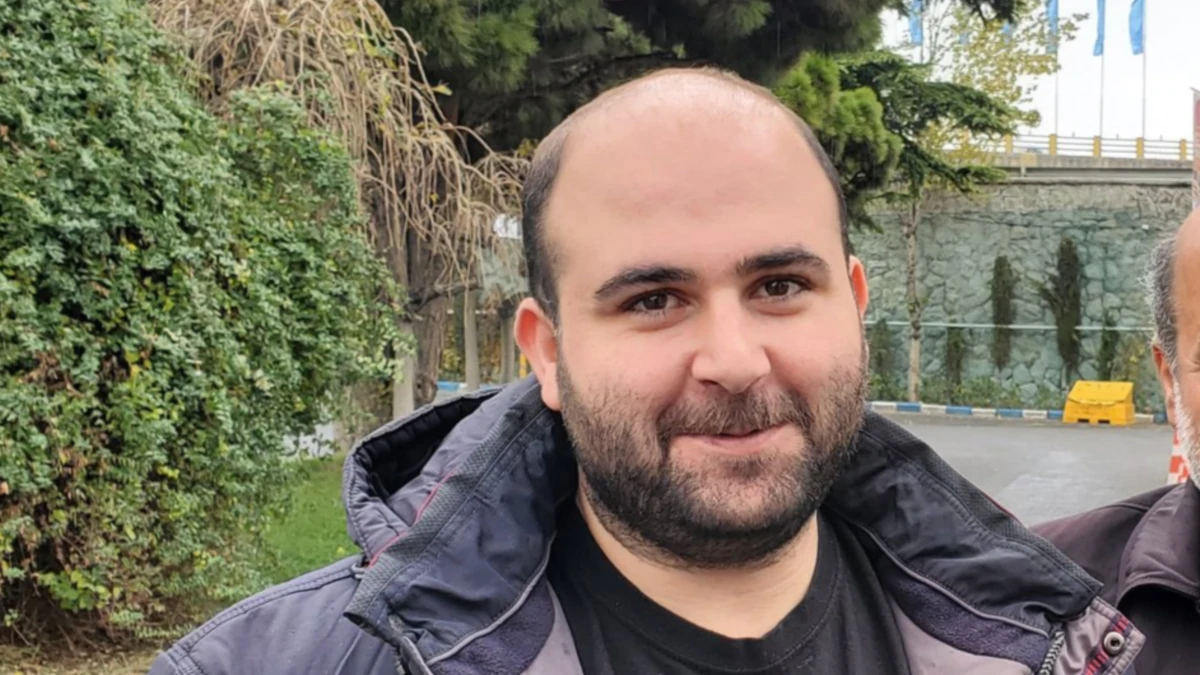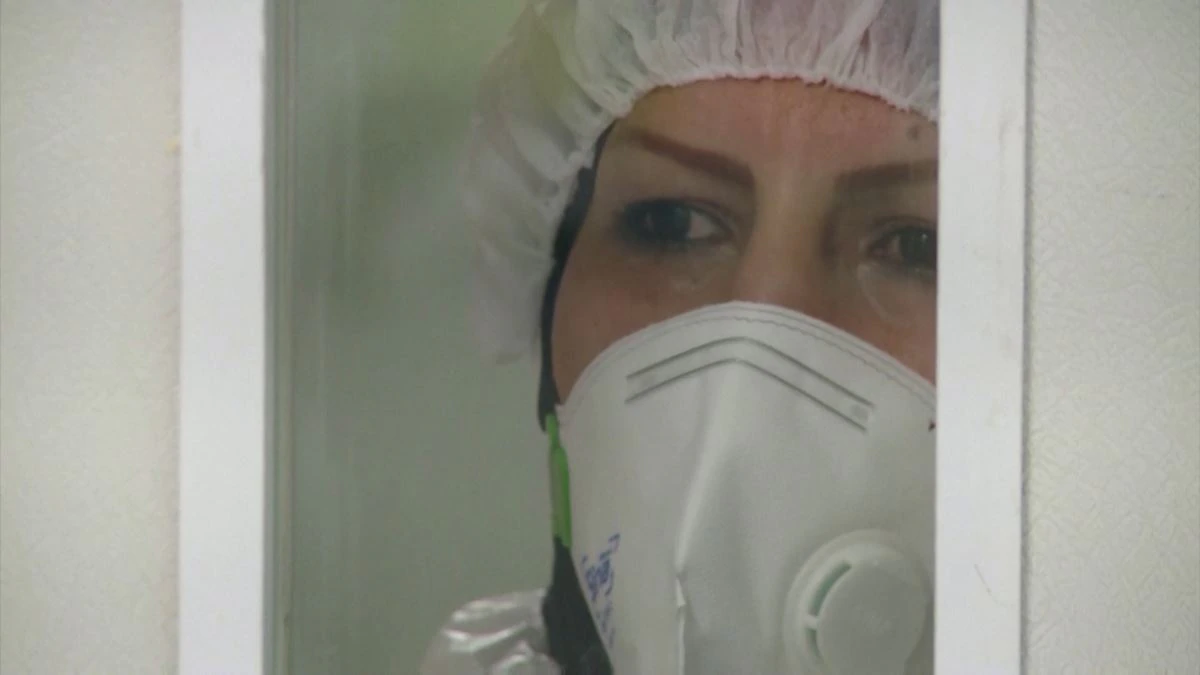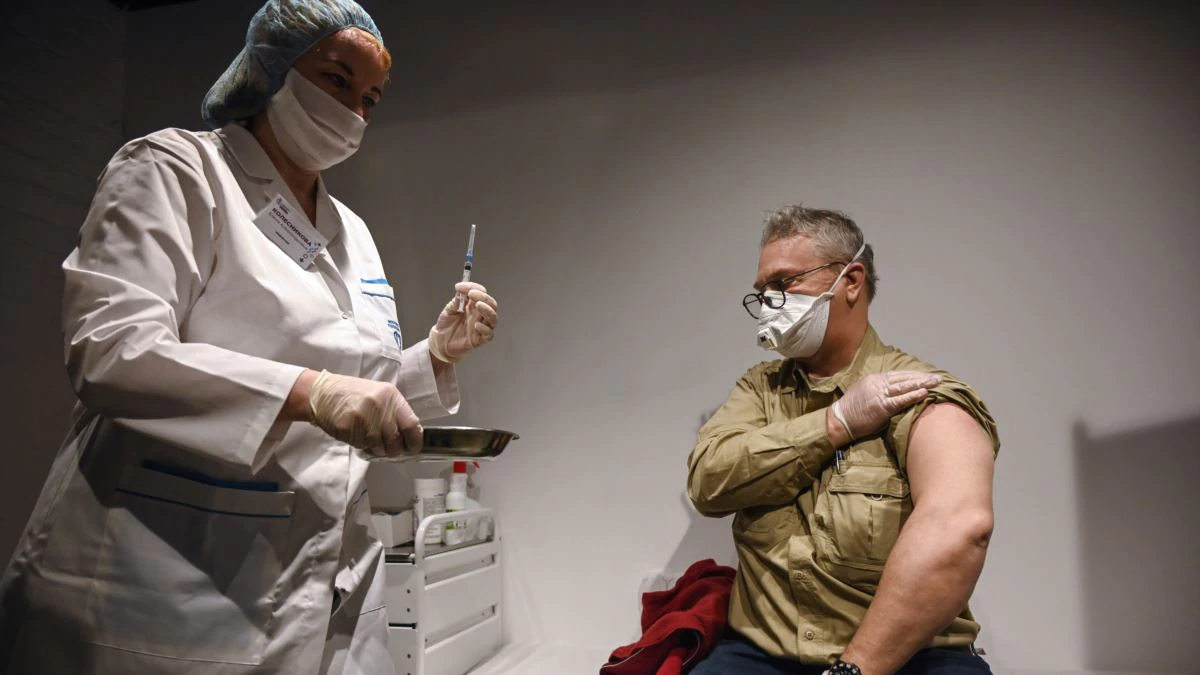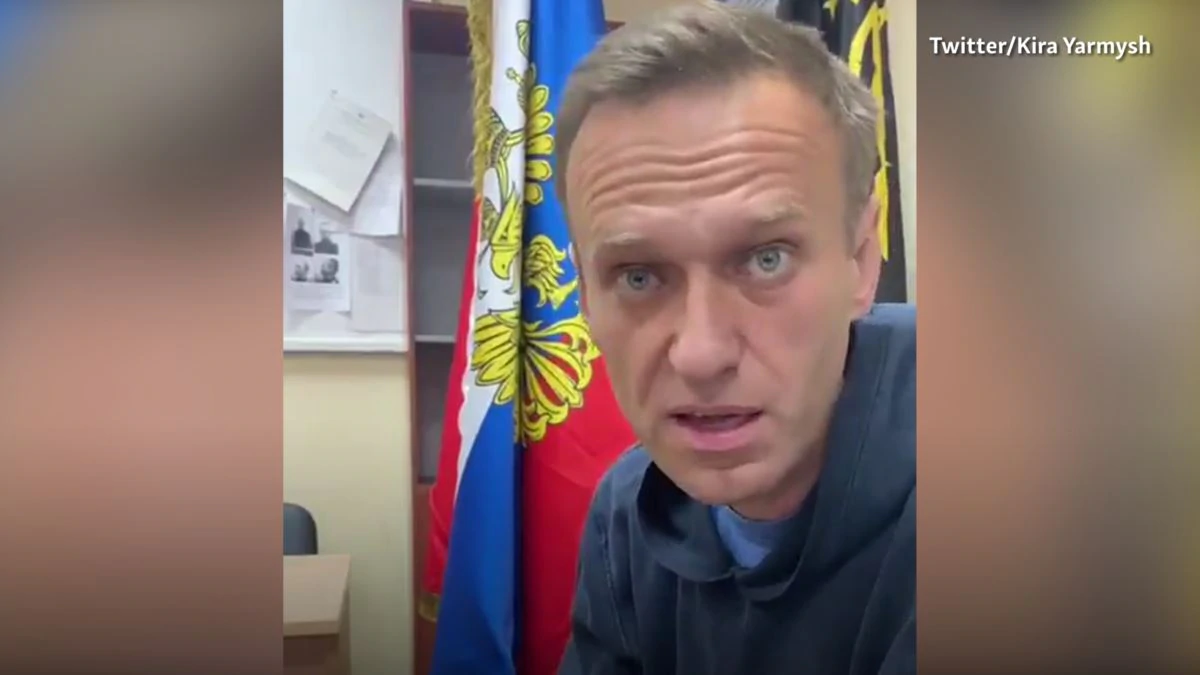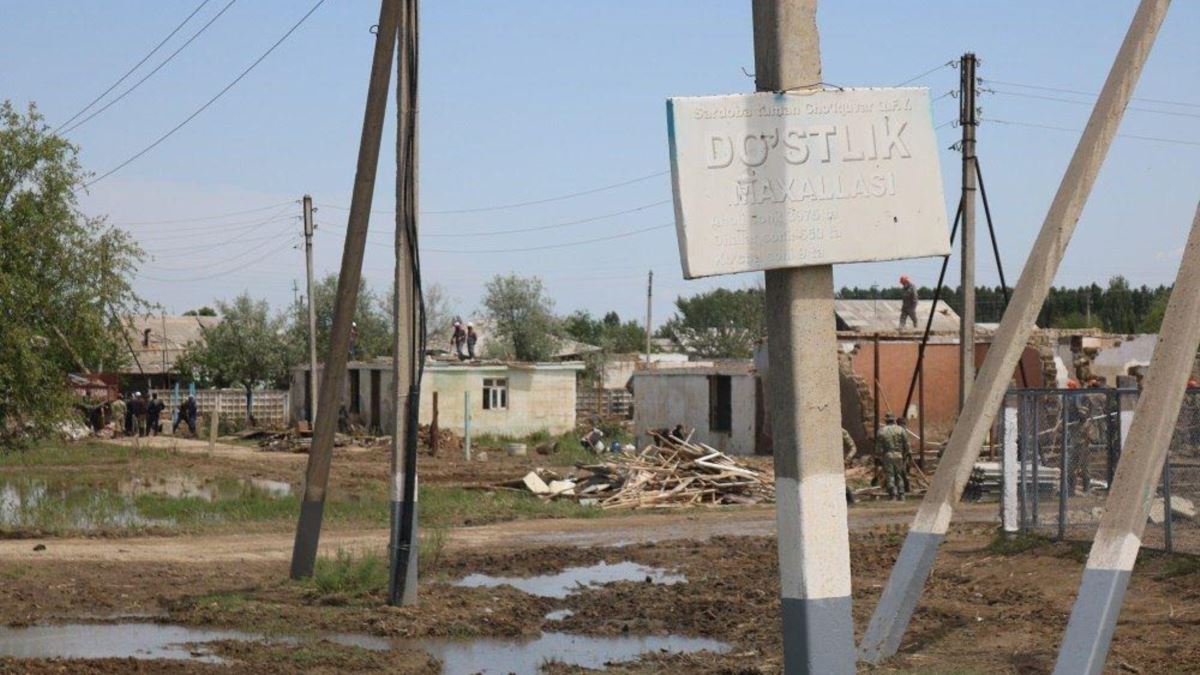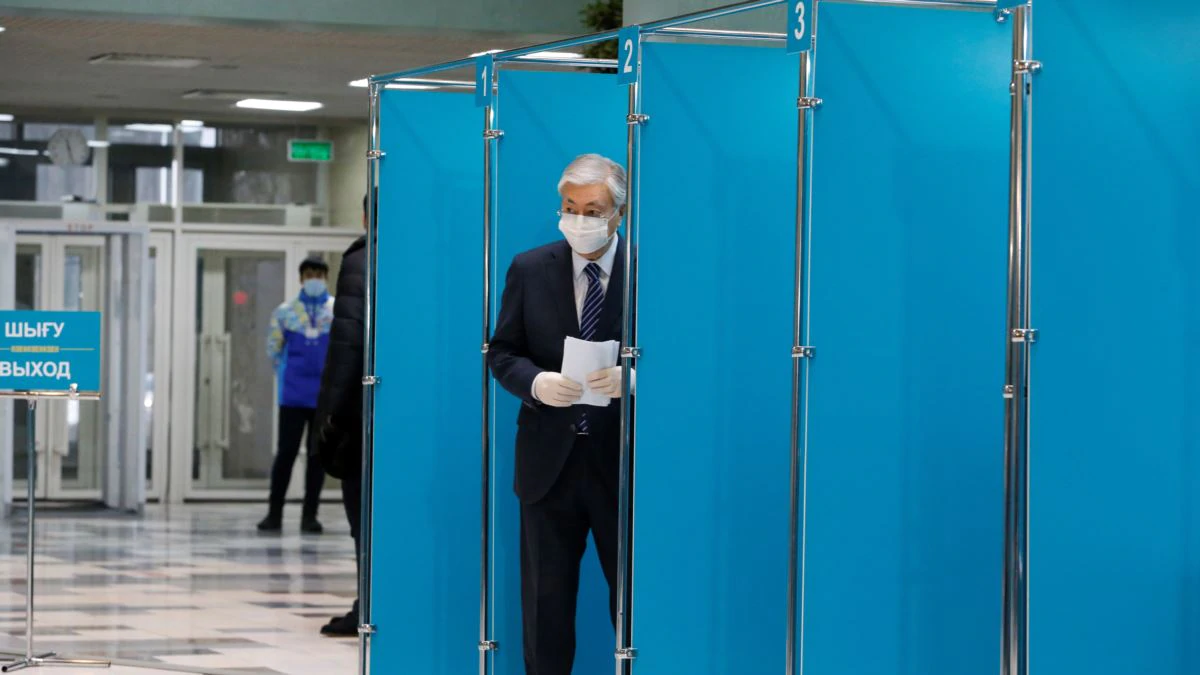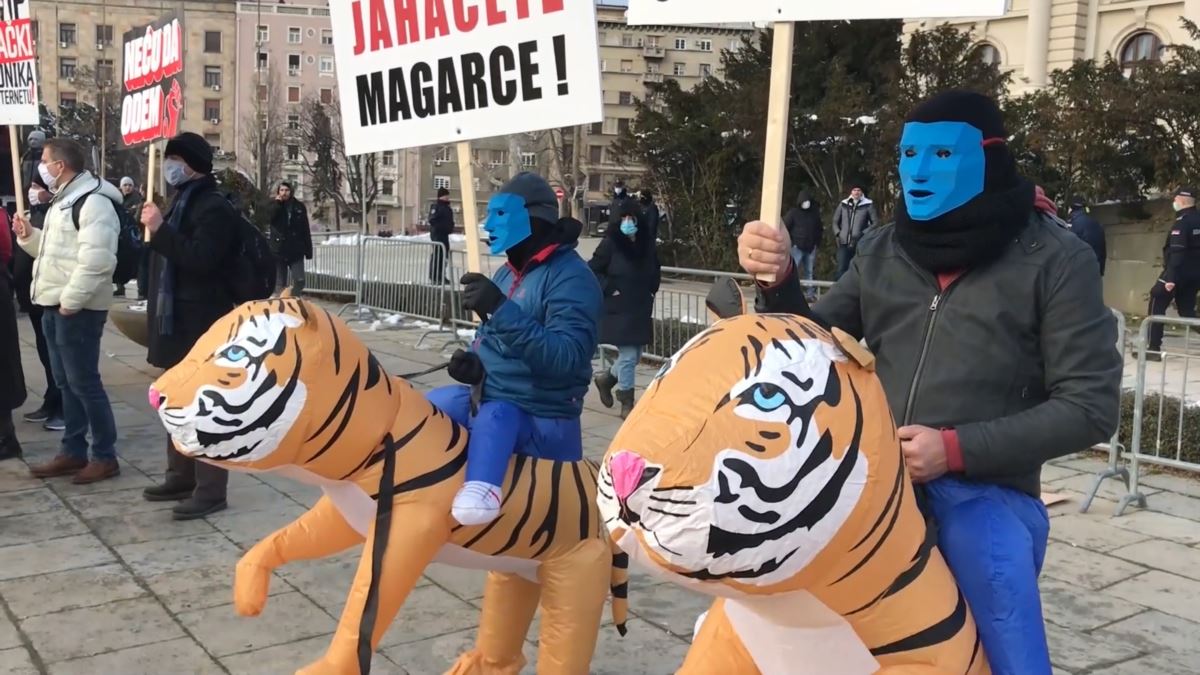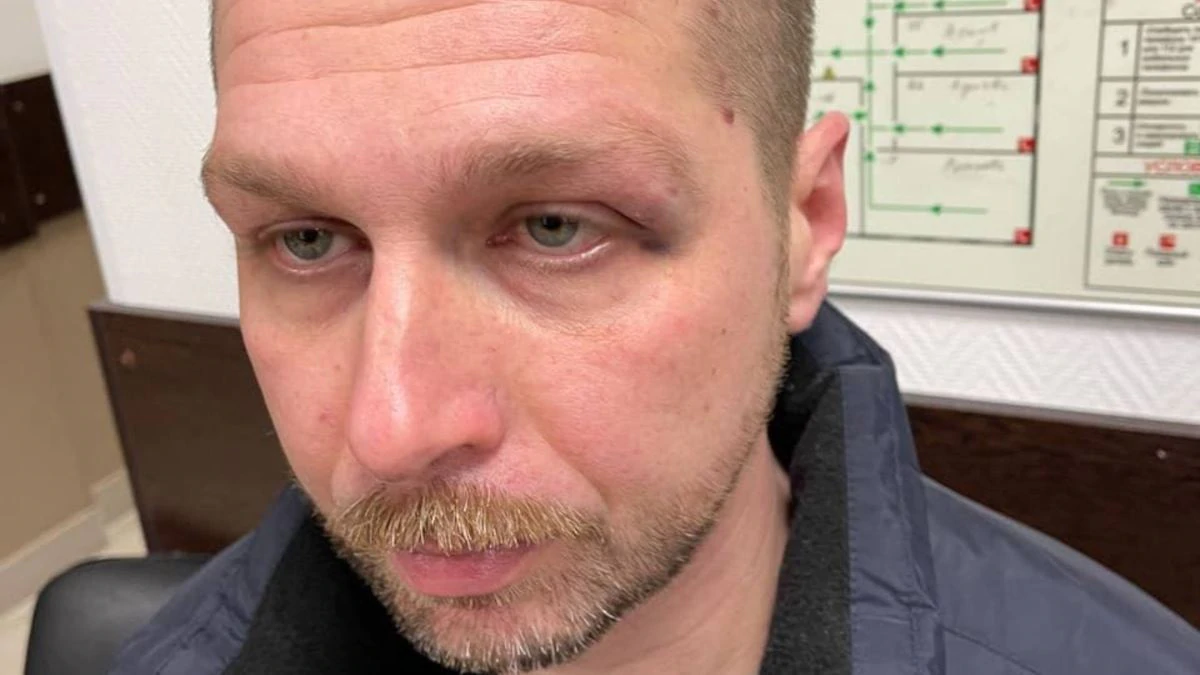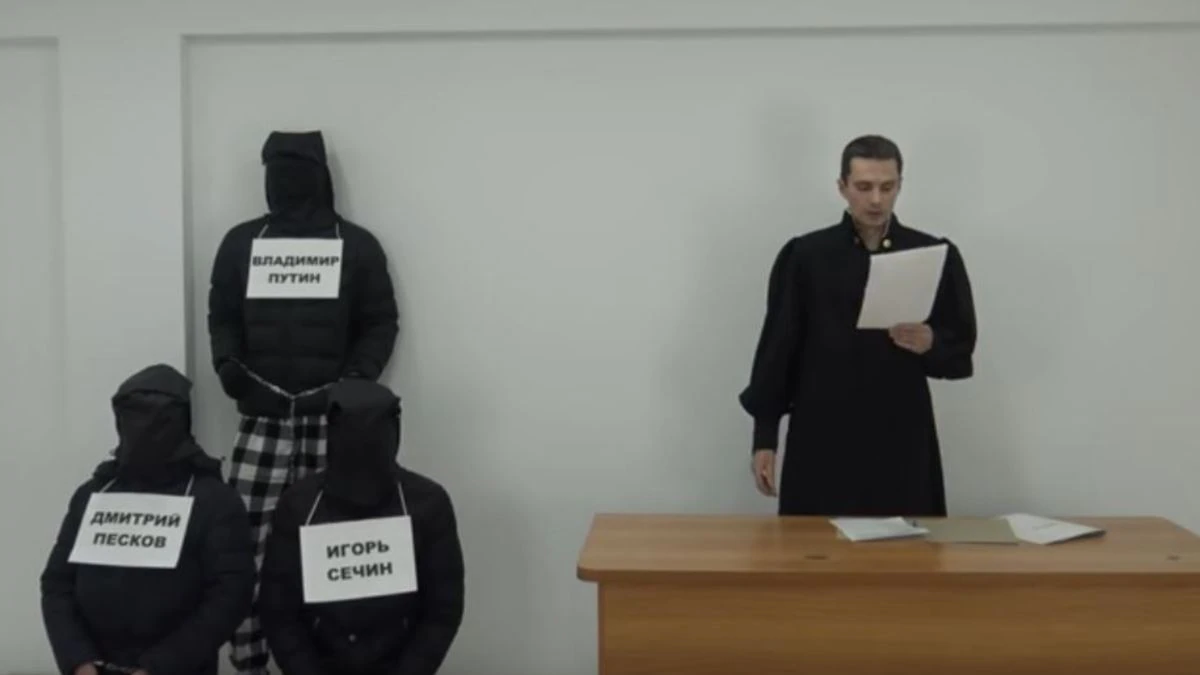Returns can be a big deal in Russia, in art and in life.
In art, there’s unparalleled Soviet-era author Andrei Platonov’s haunting story The Return, and Andrei Zvyaginstev’s 2003 movie with the same title — a nerve-wracking tale of two young brothers on a trip with their “remote, impossible to please, harshly judgmental and violently punishing father,” who has abruptly returned after a long absence: What could go wrong?
Much earlier, there was Ilya Repin’s 1880s painting They Did Not Expect Him, which shows a man striding into a room to the surprise of its occupants — including a boy who seems joyful and adults who look markedly less so — and is said to represent an anti-government revolutionary returning home from exile.
Russian painter Ilya Repin’s They Did Not Expect Him
The real-life returns have been no less dramatic, though their consequences have varied.
There was Lenin, whose return to Russia in 1917 changed the country and the world forever and whose legacy still hobbles his native land nearly a century after his death and 30 years after the Soviet Union fell apart following a failed seven-decade experiment with communism.
And 70 years after the death of Lenin, whose embalmed corpse still remains on display in a mausoleum on Red Square, there was the return of Aleksandr Solzhenitsyn, who helped expose the Soviet Union’s crimes against its own people and, when he returned not long after its demise, found a Russia where many of the changes were not to his liking.
Solzhenitsyn had little influence after his return — and since his death, in 2008, Kremlin critics say Putin has done more to rehabilitate the reputation of the U.S.S.R. among Russians than to address the darker aspects of its legacy.
‘Victory’ Flight
Now comes Aleksei Navalny, the opposition politician, anti-corruption crusader, and Kremlin critic whose struggle against Putin has defined politics and more in Russia for almost a decade — since he played a leading part in street protests, which began in December 2011, over evidence of fraud in parliamentary elections and dismay at Putin’s plan to return to the Kremlin after four years as prime minister.
That struggle took a major turn last August, when Navalny was poisoned in Siberia with a variant of the Soviet-developed nerve agent Novichok, in what he says was a murder attempt carried out by the Federal Security Service (FSB) and blames on Putin. Navalny was flown to a Berlin hospital for treatment days after the poisoning.
Russian President Vladimir Putin
Convalescing in Germany, Navalny repeatedly vowed to return to Russia — and on January 13, he abruptly announced that he would do so this weekend, on a budget airline flight scheduled to arrive at Moscow’s Vnukovo airport on the evening of January 17. By coincidence or not, the airline is Pobeda, Russian for victory.
A day after Navalny’s announcement on social media, the Moscow branch of the Russian prison bureau — full name: Federal Service for the Execution Of Punishment — said it would “take all measures” to detain Navalny upon “establishing his whereabouts” — presumably once the plane lands and its door is opened, or sometime shortly after that.
What happens in the coming days, months, and years is harder to predict. But the situation — even before it plays out in what is forecast to be around -20 C weather when he arrives after dark — says several things about Russia under Putin, who has been president or prime minister for more than 21 years and, after securing changes in the constitution several weeks before Navalny’s poisoning, could potentially remain in the Kremlin until 2036.
Defined By Rivalries
Putin has dominated Russia for over two decades. In turn, portions of his rule have been defined in large part by struggles with prominent opponents who are prosecuted, persecuted, or both after falling afoul of the Kremlin — or being targeted by Putin and his allies as perceived rivals in the chase for power and popularity.
Former Russian oligarch Mikhail Khodorkovsky (file photo)
From 2003, it was Mikhail Khodorkovsky, who was arrested that August and spent the next decade in jail or prison on large-scale fraud and theft charges he contends were fabricated to sideline him and wrest control of Russia’s largest oil company, Yukos, which soon ended up in the hands Rosneft, the state company headed by close Putin associate Igor Sechin.
Khodorkovsky’s two trials hurt Russia’s image abroad and in December 2013, Putin pardoned the former tycoon, who was released from a prison near the Arctic Circle and was immediately flown out of Russia – a few weeks before Russia hosted the Sochi Olympics, a showcase event for a president who had campaigned hard to secure the Winter Games for Russia. While claiming that Khodorkovsky is welcome to return, the state has taken steps to deter him from doing so, and he has remained abroad.
By the time of Khodorkovsky’s release, Navalny was also a prominent Kremlin foe. After helping lead the wave of protests that started after State Duma elections in December 2011 and hit their height with a demonstration on Moscow’s Bolotnaya Square on May 6, 2012, the eve of Putin’s return to the presidency, he was charged with financial crimes in the so-called Kirovles Case that July and found guilty a year later — the first of two convictions he contends were fabricated to blunt his challenges to Putin.
Trial And Error
The court that convicted Navalny initially sentenced him to five years in prison and ordered him jailed pending a possible appeal — the usual practice in such cases in Russia. But in a move that lawyers described as unprecedented, and that came as thousands of protested rallied in support of Navalny outside the Kremlin, prosecutors said he and his co-defendant should not be kept behind bars until a ruling on appeal.
They were freed the next morning and Navalny, who the day before his conviction had registered as candidate for Moscow mayor in a September 8 election, was able to go ahead with the campaign. He came in second to the Kremlin-backed incumbent, with 27.4 percent of the vote according to the official results — an outcome he dismissed as “fake” but one that may have frightened the authorities, who barred him from challenging Putin for president in 2018.
Infographic: All The Times Aleksei Navalny Has Been In Jail
The five-year sentence was suspended on appeal, meaning that Navalny was not imprisoned. And since then, while he has repeatedly been jailed for a few days or weeks, he has never been sentenced to prison — a fact that many observers believe stems from a fear in Putin’s Kremlin that putting him away would make him into a martyr, potentially increasing his chances of winning over disgruntled Russians.
This Is Now?
That may change soon. The evidence of FSB involvement in Navalny’s poisoning is also evidence of what analysts say is a shift in the state’s approach to opponents, real or perceived, in the direction of tighter restrictions and further oppression.
And while the authorities have avoided sending Navalny to prison so far, he could now face a term of up to 3 1/2 years not long after he returns: The prison bureau has asked a court to change his suspended sentence he received in a second trial on financial-crimes charges he contends were fabricated to keep him out of elections — the so-called Yves Rocher Case – into a prison term. He also faces new fraud accusations, which he denies, that could lead to a third criminal trial.
Other signs of an intensifying clampdown include new legislation targeting so-called “foreign agents,” new restrictions on public demonstrations, and potential prison terms for online defamation.
In November and December, the Kremlin-controlled parliament passed a “fusillade of bills” that “will practically bury civil society” and further undermine the ability of journalists to cover the news in Russia, media-defense lawyer Galina Arapova told RFE/RL this week.
The screw-tightening comes ahead of September elections to the State Duma, the lower house of parliament, in which Navalny hopes to weaken the unpopular but dominant United Russia party with a “smart voting” strategy he employed in regional and local balloting in 2019 and 2020.
The Duma vote comes about two years ahead of the time when Putin, whose approval rating has dropped from 88 percent in October 2014 and 2015 to 68 percent last October and 65 percent in November amid deep concerns among Russian citizens over their economic security, will need to state publicly whether he intends to run for another six-year term in March 2024.
Months after his return in 1994, Solzhenitsyn told the Duma that the “masses of our people are dismayed, stunned and shocked by humiliation and by the shame of their powerlessness,” and that there was “no evidence that the reforms and the government’s policies are being undertaken in the interests of the people.”
Alexander Solzhenitsyn addresses the Duma in 1994.
But the legislature he addressed was substantially more diverse than the current Duma, whose three nominal opposition parties often back Kremlin initiatives or serve as impotent foils to the United Russia majority. And critics of Putin argue that many of his government’s actions — including the constitutional amendment allowing him alone to seek 12 more years as president after serving four terms — have nothing to do with the interests of the people.
Through a series of video reports on investigations revealing alleged corruption among associates of Putin and other members of the ruling elite, from former Prime Minister Dmitry Medvedev to state TV hosts, Navalny seems to have sought to show Russians where he suspects the Kremlin’s interests lie. His fate upon returning may provide some hints about the answer to that question as well.
“After all, Navalny’s arrest is not a question of the just or unjust treatment of an opposition figure, it’s a question of what the FSB and Kremlin have a mandate to do to every one of us,” Russian political analyst Tatiana Stanovaya wrote on Telegram on January 15.
This post was originally published on Radio Free.
